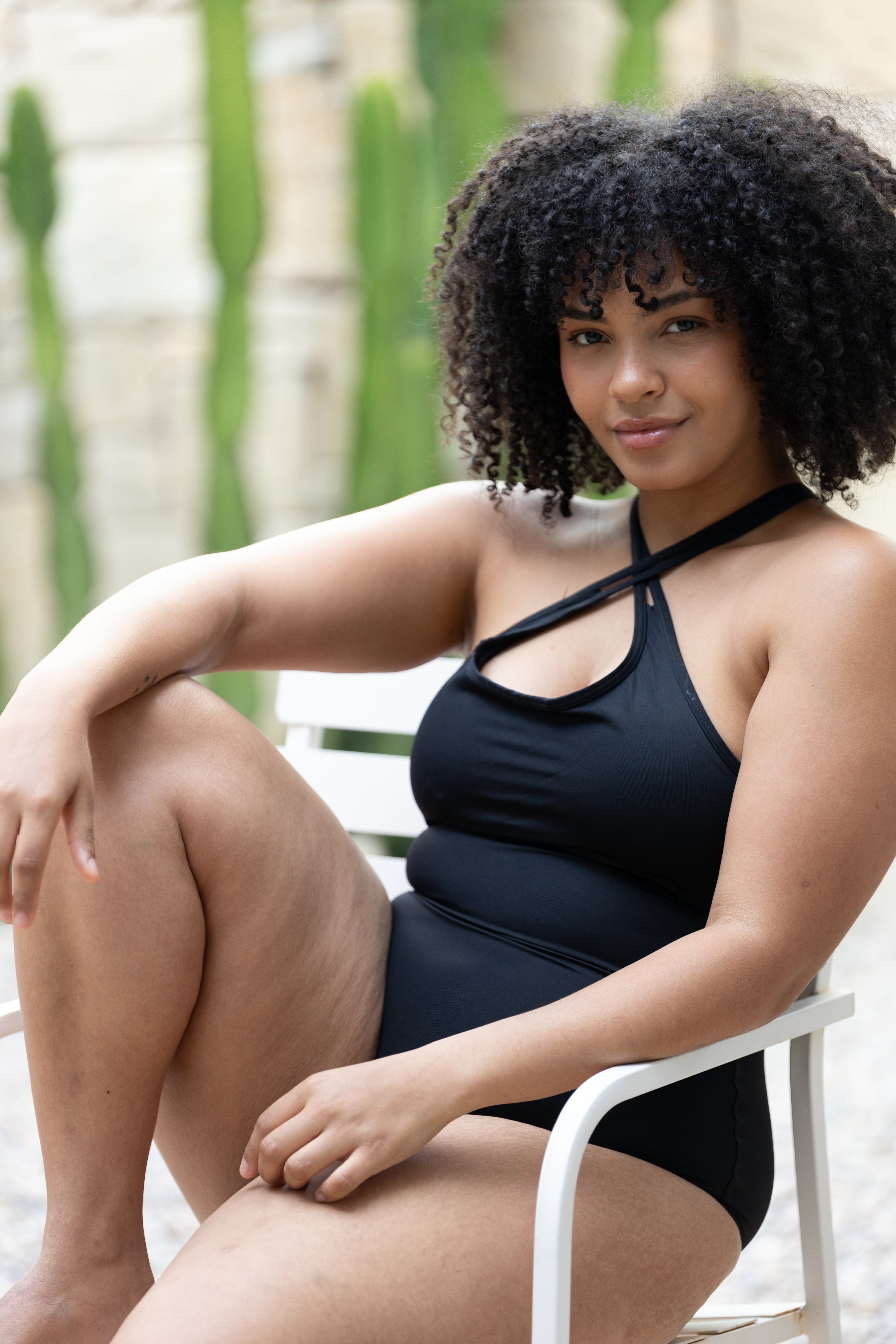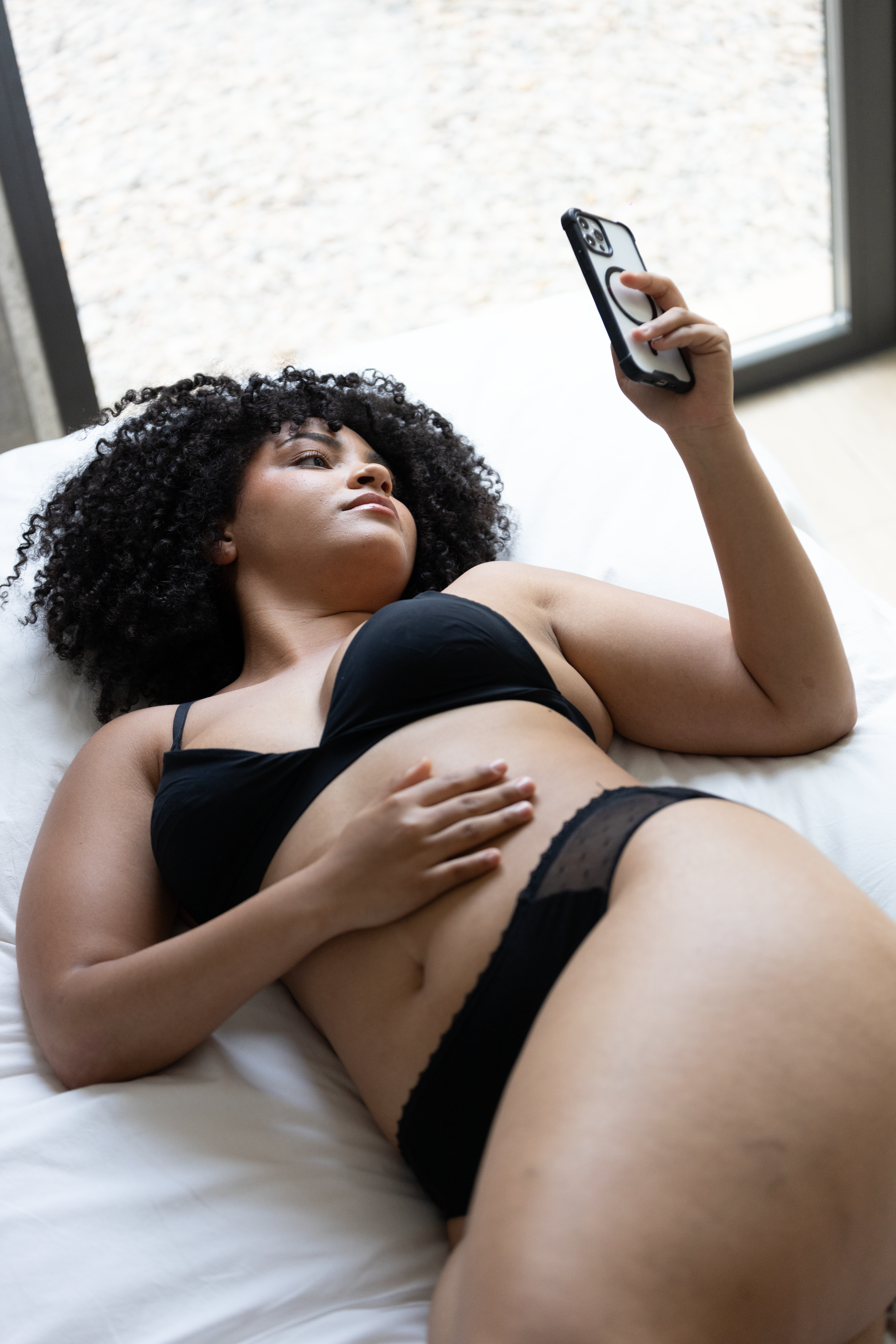
Is It Normal to Feel Pain During My Period?
Is It Normal to Feel Pain During My Period?
Period is part of a woman’s life, but some women might feel discomfort with it once a month. Menstrual pain, menstrual cramps or dysmenorrhea, is the pain or discomfort given by menstruation; this occurs because the endometrium starts shedding after the cycle ends. In this way, menstruation is basically endometrium tissue shedding and being expulsed.
Dysmenorrhea is very common when women are younger and start getting their firsts periods, and it might ease throughout the years, especially after giving birth. It is important to remember that dysmenorrhea is not a premenstrual symptom (PMS); it usually occurs during period and sometimes stays until period ends. In this article we want to explain a couple of aspects about dysmenorrhea, menstrual pain or menstrual cramps.

Can it Happen to Anyone?
Dysmenorrhea is a period symptom that can happen to any woman; however, it might be a bit shaper in some women than in others. It also depends on your age and menstrual cycle. There are two types of dysmenorrhea, the primary and the secondary.
So, the primary dysmenorrhea is the type of menstrual pain that some women experience before and during menstruation; this one is more likely to be called menstrual cramps, since the uterus produces a chemical called prostaglandins which causes the uterus muscles to constantly tense and relax. The secondary dysmenorrhea is usually caused by other conditions like uterine fibroids; non-cancerous tumors, or endometriosis; unusual growth of endometrium cells. Other medical conditions might be the cause of the secondary dysmenorrhea; you can recognize it if you have never felt strong menstrual pain and it gets sharper throughout the years. It is essential to have a gynecological checkup at least twice a year.

How to Avoid It?
There is no actual way to avoid the menstrual pain but there are many treatments women can do to ease the cramps; the most used is the heating pad, by applying it on the lower abdomen, the heat might relieve the pain slowly. Some massages or a warm bath can also help with the pain. You can find plenty of meals to include in your diet during your period, some foods are filled with nutrients that ease dysmenorrhea. Plus, supplements like vitamin B-6, vitamin E, calcium or magnesium are great pain relievers. Other alternatives to relieve dysmenorrhea are yoga positions, exercise or taking ibuprofen days before your period.
Believe it or not, it has been shown that changing regular women pads might help with menstrual cramps; this is because pads are usually made with materials and chemicals that might be toxic for some women, which can increase uterine muscles to tighten. As a result, many specialists have recommended women to switch regular pads to eco-friendly pads.
Period is a natural thing, so it is important to know how to live with it. As we mentioned, it is very important to attend to a gynecologist annually. An essential tip when women first get their periods is to know and understand their menstrual cycle, in this way it will be easier to take treatments in order to prevent strong dysmenorrhea.





